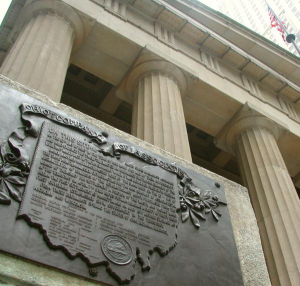Sentencing and the Limits of Actuarial Risk Assessment
 As child molesters go, Cory Reibel seems a relatively low-risk proposition. He is a first-time offender, was not sexually abused himself as a child, and victimized a girl instead of a boy — studies indicate that all of these factors point to a reduced risk of recidivism. Yet, he was sentenced to the statutory maximum of 30 years in prison by a judge who wanted to prevent him from offending again.
As child molesters go, Cory Reibel seems a relatively low-risk proposition. He is a first-time offender, was not sexually abused himself as a child, and victimized a girl instead of a boy — studies indicate that all of these factors point to a reduced risk of recidivism. Yet, he was sentenced to the statutory maximum of 30 years in prison by a judge who wanted to prevent him from offending again.
The judge’s sentence seems to fly in the face of the science of risk assessment. Actuarial risk assessment (that is, the determination of an offender’s risk based on a statistically sound analysis of recidivism data involving other offenders with similar characteristics) seems to be playing an increasingly prominent role in both pretrial release and post-conviction sentencing decisions. Scientifically speaking, this is pretty clearly an advance on pure intuition as a basis for predicting risk. However, actuarial risk assessment does present some important ethical difficulties when it is used as a basis for determining how severe a punishment should be.
These difficulties were on display earlier today when the Seventh Circuit turned aside Reibel’s challenge to the reasonableness of his sentence.


